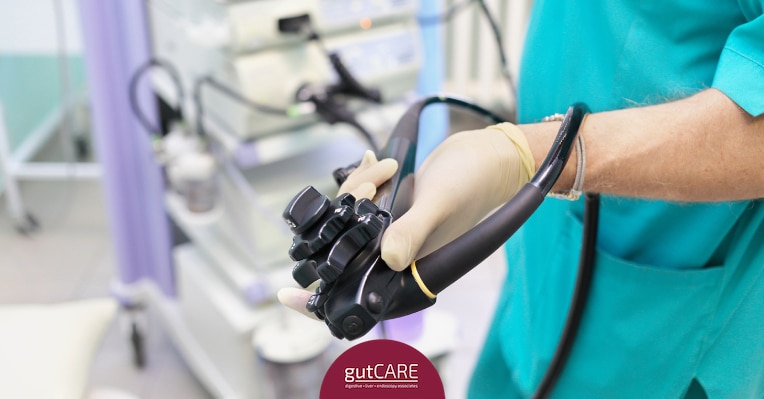Preparing Yourself For A Colonoscopy – How And What To Do

Colonoscopy is an examination conducted by an experienced doctor to look inside your large intestine for any possible causes of abdominal pain, changes in bowel movements, and rectal bleeding. Typically, colonoscopies are recommended to prevent colon cancer. In such cases, colonoscopy can identify abnormal growth in the colon, called polyps, which are then removed before they become cancerous.
Before the colonoscopy, the doctor will ask you a series of questions to find out if you might have certain medical conditions such as kidney disease, heart conditions, pregnancy, and medication allergies. Do note that you will also have to inform the doctor if you are suffering from diabetes or are consuming medications that affect the clotting of blood. They will then have to make some adjustments to the treatment.
You must also ensure that your colon is as empty and clean as possible so that your doctor can conduct the colonoscopy efficiently. The doctor will often prescribe you a laxative to take the night before. It may sound inconvenient and unpleasant, but it is only necessary to make sure the doctor does not miss any abnormal lesion during the procedure.
How can you prepare for a colonoscopy?
1. Plan your preparation
You will receive a set of instructions from your doctor when scheduling the examination. Ensure that you are familiar with the instructions, and do not be afraid to ask your doctor should any questions arise. Clear your schedule the night before and the day after your colonoscopy. Meanwhile, building up to the day of the appointment, you may want to shop for some essential items that are beneficial for the waiting period. The list includes, but is not limited to:
- Low fibre food
- Sports drinks
- Wet wipes
- Diaper cream
2. Adjust your diet
It would do best to adjust your diet by eating light 3 to 4 days prior to the appointment. Low fibre food such as white bread and rice, lean meat, and eggs are highly recommended. In contrast, avoid consuming food such as nuts, fatty meat, whole grains, and raw vegetables. If you are at the point of regularly consuming vitamins, supplements, or any medication, it might be best to approach your doctor for advice.
3. Fasting
You do not want to consume anything solid the day before your appointment. It is, however, highly recommended to stay hydrated by drinking lots of clear fluid such as water, sports drinks, and pulp-less juices. You can also drink coffee and tea, but not with milk or cream. It would be best to stay clear of ice pops or jellies. You may want to avoid coloured drink such as purple, blue, or red. These dyes make it harder for the doctor to inspect during colonoscopy as they might discolour the colon’s lining. You must not consume any solid or liquid at least 2 to 4 hours before the colonoscopy.
4. Clearing your gut system
Your doctor will most likely prescribe a laxative to take the night before your colonoscopy. The most used method doctors will recommend is split dosing. You take half the prescription the evening before and the rest 6 hours before your appointment.
Once the laxative starts kicking in your system, you will then experience frequent and strong diarrhoea. If you are dealing with haemorrhoids, it might be a little uncomfortable. Do not be alarmed if this happens, as it just means the laxative is doing its job in clearing your gut. Some tips that might make this clearing less uncomfortable would be applying diaper cream before the diarrhoea starts and using wet or medicated wipes to clean yourself.
This clearing process is probably the toughest one before your colonoscopy, but it certainly helps as it means your gut will be thoroughly cleaned, ensuring that your doctor can see what they are looking out for easily.
Conclusion
A colonoscopy typically takes around 20 to 30 minutes, after which you will remain for about another 30 minutes to an hour in the recovery room while you wake up from the sedation. Follow the doctor’s advice as you “recover” over the next few days, and call your doctor immediately if you experience bleeding, stomach pain, or fever.
While it may sound scary to many, colonoscopy is a procedure that many doctors recommend to those who might be at risk of developing colon related diseases. If you have family members who have a history of colon related diseases or just want to have a routine colon check-up, contact us to find out more.




